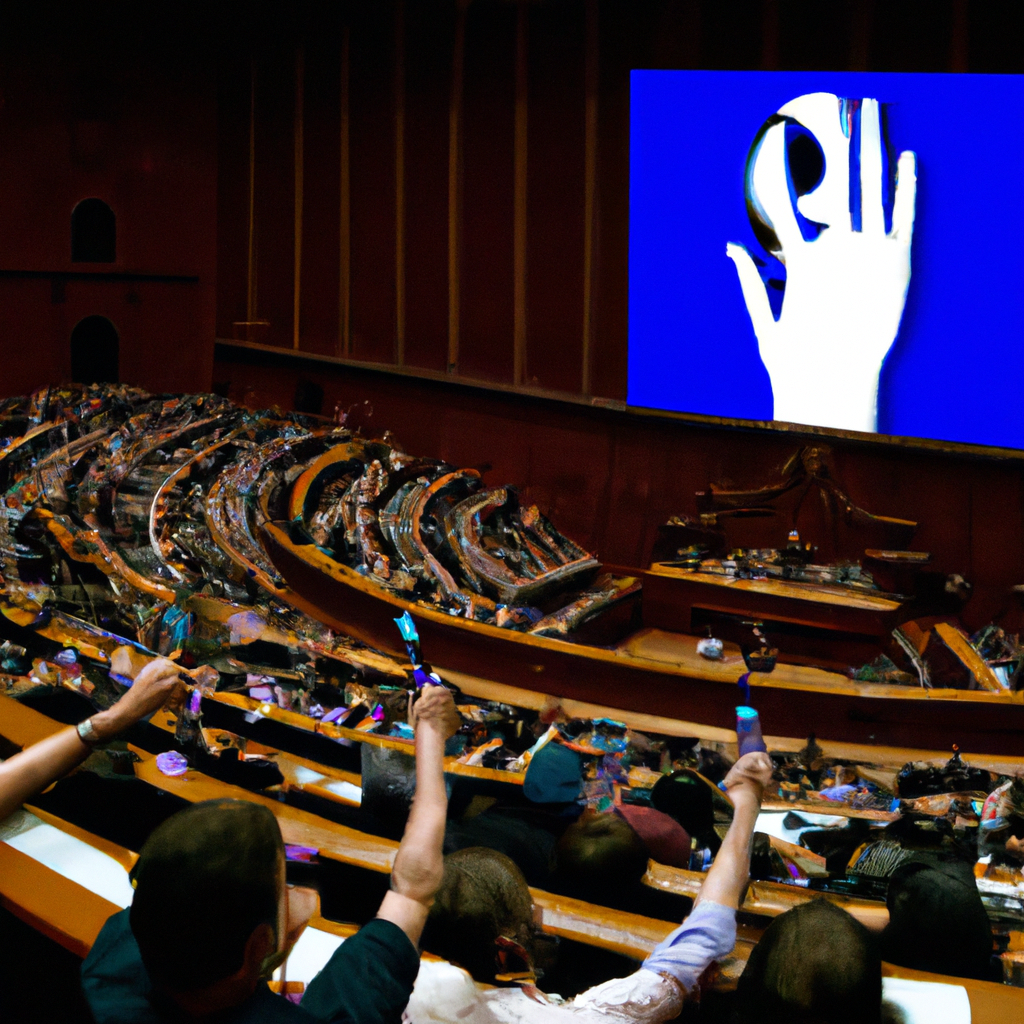As the world gears up for the 2024 Paris Olympics, lawmakers in France are voting on a new surveillance law that could have a major impact on the event. The law, if passed, would allow for increased surveillance of citizens and visitors during the Olympics. It would also give the French government the power to monitor communications and track individuals’ movements.
The proposed law has been met with both support and criticism. Supporters argue that increased surveillance is necessary to ensure the safety of athletes and spectators during the games. They point to the recent terrorist attacks in Paris as evidence that more security measures are needed. Opponents, however, argue that the law would be a violation of civil liberties and could lead to an increase in government surveillance of citizens.
The proposed law would allow for the installation of cameras in public places, such as stadiums, airports, and public transportation hubs. It would also allow for the tracking of individuals’ movements through their cell phones and other electronic devices. Additionally, the law would grant the government access to communications between citizens and visitors.
The French government has defended the proposed law, claiming that it is necessary to protect citizens and visitors during the Olympics. They argue that increased surveillance is necessary to prevent terrorist attacks and other forms of violence. However, opponents of the law argue that it could lead to an increase in government surveillance of citizens and visitors, which could have a negative impact on civil liberties.
The proposed law is currently being debated in the French Parliament. It is expected to be voted on in the coming weeks. If passed, it would go into effect before the start of the 2024 Paris Olympics. The outcome of this vote will be an important indicator of how France will handle security measures during the games.
The proposed law has sparked a debate about security measures and civil liberties in France. It remains to be seen how the French Parliament will vote on this issue and what impact it will have on the 2024 Paris Olympics. Regardless of the outcome, it is clear that security measures will be an important part of the event and that lawmakers must carefully consider how to balance security with civil liberties.
